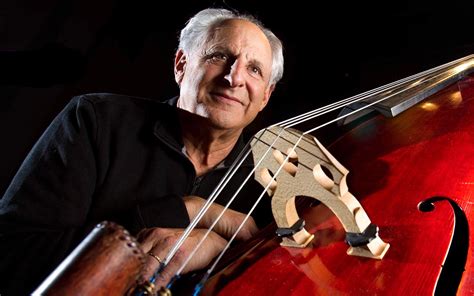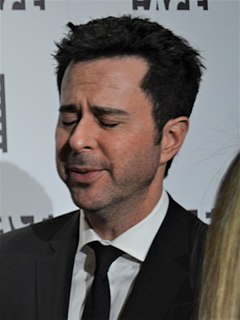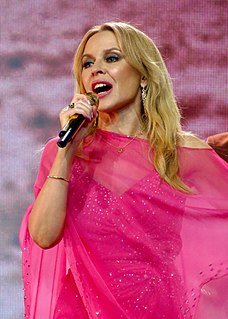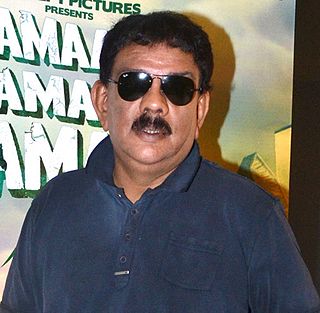A Quote by Gus Van Sant
Even if you try to copy a film shot by shot, you still can't. It's still your own film.
Related Quotes
If I'm ever working on a set and anyone talks about a master shot, I say there is no master shot. Before I even went to film school, I learned about movies by being in a British feature film, where everything was shot master shot, mid-shot, close-up. But I reject the idea of a master shot. You don't shoot everything mechanically; you find imaginative ways that serve the action.
When the film [Certified Copy] was in the Cannes Festival, I realized that the fact of having it shot in a different culture, in a different language, in a different setting, that wasn't mine and that I didn't belong to, gave me a totally different relationship to the film. When I was sitting in the audience during the official screening in Cannes, I didn't feel that it was my film.
When I started, there was something almost romantic about the notion of paparazzi. I mean, it wasn't. They were still chasing you down the road. But that guy had to put film in his camera and work out whether it was worth pressing the button to take the shot, otherwise he's got to stop and change the film. So it was like this age of innocence.




































